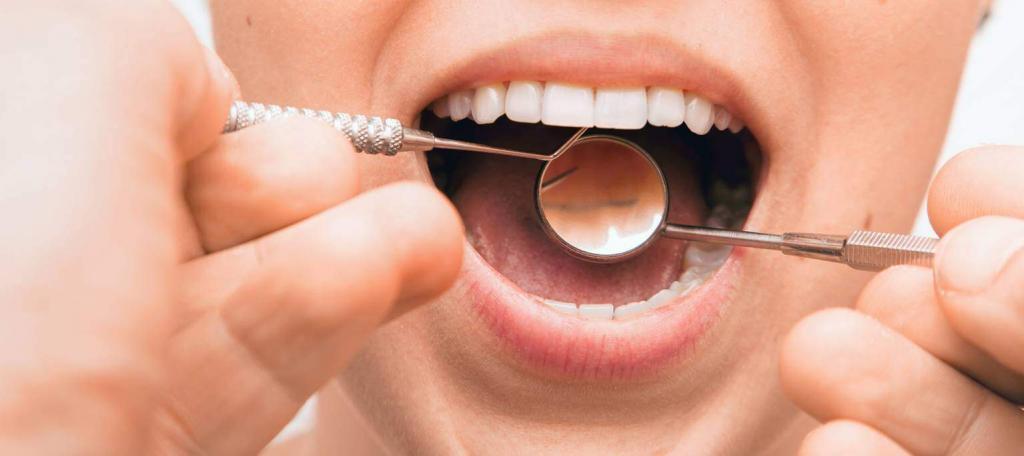Dental sedation can be an excellent option for those with dental anxiety who have gum disease.
Oral health is linked to the general health of the body, influencing other big systems, like the cardiovascular, digestive or skeletal systems. Keeping your gums and teeth healthy and clean goes far beyond a pleasant appearance, as it directly advantages your other functions, preventing diseases like diabetes, stroke or bone infection.
If you do have gum problems, it is important to get the right treatment early in the development of the disease, as it will surely become worse if left unattended. Here are some of the basic things to know about periodontal disease.

Symptoms of Gum Disease
Unfortunately, gum disease is the sort of condition that can develop undetected until it is bad enough to show visible symptoms. Some of the obvious signs that you are dealing with periodontal disease include red, swollen gums, bleeding while brushing your teeth, flossing or eating hard food, bad breath, and receding gums.
Check your gums carefully in the mirror when doing your oral hygiene and look for any of these signs. If you think something should be checked, make an appointment with a dentist as soon as you can.
Not missing your dental check-ups will also help you prevent advanced gum disease. Your dentist can monitor your gum health and act when the first signs of trouble appear.
Causes for Gum Disease
Gingivitis, or gum disease, starts when food traces get stuck in between the teeth or in between the gums and teeth and solidify in a layer called dental plaque. If plaque is not removed soon after forming, by brushing and flossing your teeth, it becomes harder and harder, eventually getting so stuck that only a professional cleaning at the dentist will remove it. This hardened plaque is called tartar.
Your gums can and will be irritated by plaque and tartar and will react by swelling, getting red, bleeding, and eventually receding, leaving a big part of the tooth exposed. Gingivitis can lead to tooth loss if left untreated.
Effects of Periodontal Disease on the Body
Besides affecting your oral health, gum disease can have repercussions on the rest of the body too. Medical studies have found a link between untreated periodontal disease and systemic diseases, such as cardiovascular ones, diabetes or stroke.
Sedation Dentistry in Treating Gum Disease
Because it can go for a long time undetected, gum disease can easily be left untreated, becoming active and symptomatic when it is usually quite advanced. Many people don’t get the treatment they need because they fear the pain and discomfort caused by dental treatment.
For patients with dental anxiety, sedation dentistry could be an excellent solution, as it helps your dentist perform the cleaning and treatment needed.
Call Us Today
The only board-certified dental anesthesiologist in Missouri, including St. Louis.
